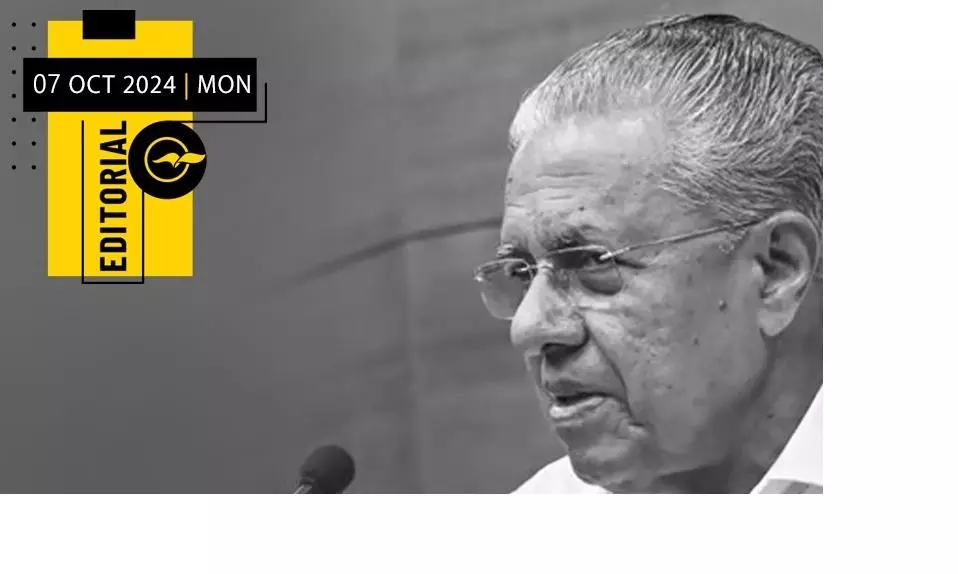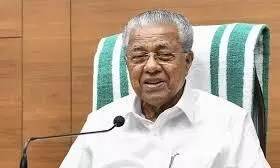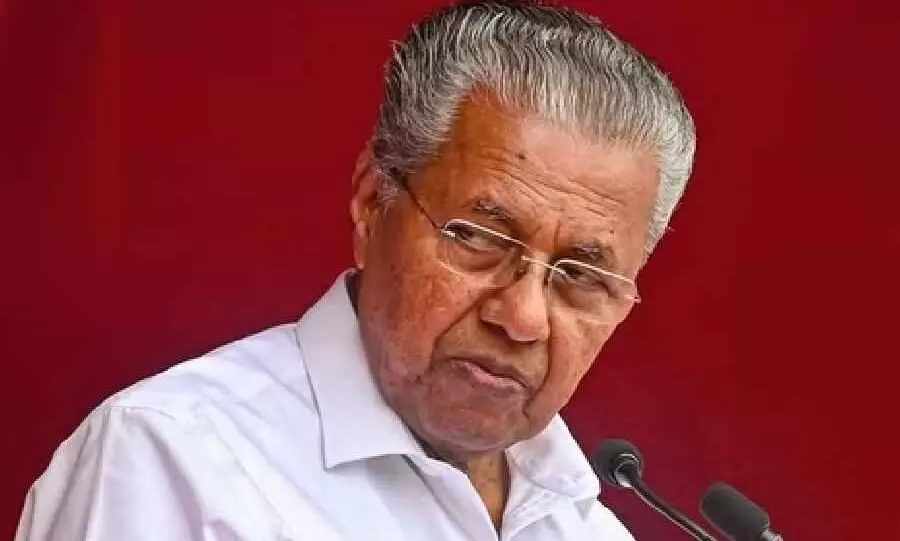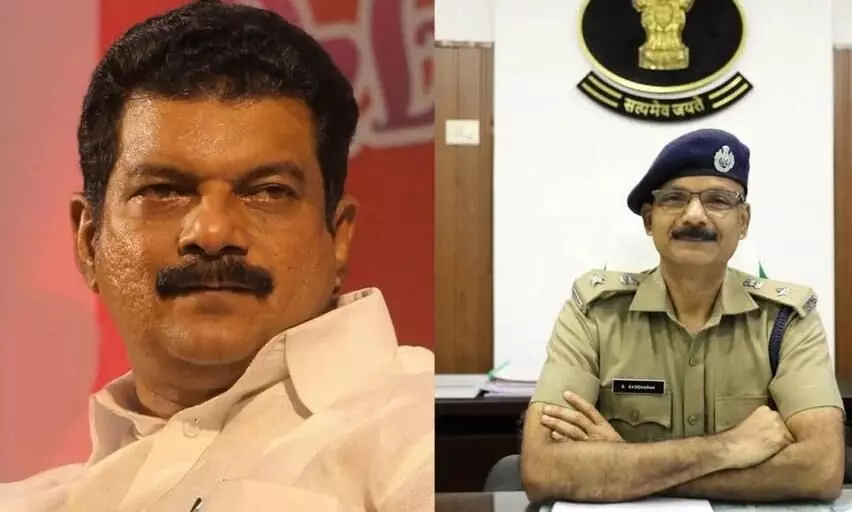
Democracy implies transparency
text_fieldsGood governance happens when governance is an open book. However, there is a widespread perception that Kerala state government has been obsessed with secrecy in recent times. The position of the authorities on various issues is as if it were better not to say anything even about matters that seriously affect the society. The only thing is that there is no open claim that concealment is efficiency. It is this notion that the government and ruling party leaders are trying to foster. The questions raised about the interview of Chief Minister with 'The Hindu' newspaper in Delhi has so far been answered only by loud laughter. The subject, however, is not one that can be laughed away. Those responsible have alleged with evidence that some officials under the Home Department are implementing the agenda of right-wing communal forces. The main ruling party's role behind the communal propaganda that society now refers to as the 'Kafir' screen shot and the 'Masha Allah' sticker is now a subject of public debate. Questions are being raised about the alleged understanding between the ruling party and the Sangh Parivar forces during the parliamentary elections. The party leaders who often insulted Malappuram district with communal undertones are never corrected. There are also reports of attempts by some police officers to inflate crime figures in the district.
There is an atmosphere with a growing distrust of the government, especially the home department, among the minority community. It is in this background that the chief minister, who is also in charge of the home department, made serious remarks against Malappuram district in an interview given to an English newspaper in Delhi. When it came to light that the Chief Minister himself was thereby giving his stamp of approval to the fake stories that had been circulated in North India earlier, the explanation from his side was that those words were not his and were added by the newspaper later. But when 'The Hindu' admitted to this and explained also that there were two people from a private public relations (PR) firm with the Chief Minister and the words were added at the request of one of them, the matter became serious.
Even as the Chief Minister says that he has not appointed any PR company, the newspaper's contention remains that the people of the PR company contacted the paper on behalf of the Chief Minister and then added some words as his own. The Chief Minister has the responsibility to find out the answer to the question who put poisonous words into his mouth and for what purpose. In the absence of this, the people have every reason to assume that all this was done with his knowledge and connivance. Why should this fact which the people should know be hidden? If a forgery was printed in the name of the Chief Minister, which gave grist to the propaganda mill of the Sangh Parivar in north India, can it be dismissed without clarification?
The position that people should only listen and not raise questions beyond that is not democracy at all. The legislative house of people's representatives is one of the most important authoritative sources of information for the people. It is the presence and involvement of the opposition that makes parliament and the state assembly truly popular. People come to know many things they need to know through assembly questions. The right of the opposition to ask questions and get answers is the spirit of parliamentary democracy. That being so, the alleged interference by the Assembly Secretariat in the classification of questions submitted by opposition members for the ongoing Assembly session should be cause for concern. The issue arose when the questions to be answered directly by the Chief Minister and Ministers were classified as unstarred by the Secretariat. The explanation by Speaker AN Shamseer is as if there was nothing unusual in this and only normal procedures were followed in the matter.
At the same time, this is case of this most authentic means for the people to hear from the government being shut out by political interests. An example is the rejection of a calling attention motion by KK Rema MLA against the move to grant remission of jail term to the convicts of TP Chandrasekaran murder case. And this time, several of the 49 that have been turned into unstarred questions, touch upon major controversies that people want to know about. These include the doctored Thrissur Pooram disruption, meetings between the ADGP and RSS leaders, the 'kafir' screenshot issue and criminalization in the police force. If the questions that suit the government's political interests are given starred status and others go unstarred, it means that the Speaker also takes sides with the government's stance against transparency. It is only those in charge who should prove otherwise. For democracy is transparency, and what lacks that is fascism.


























